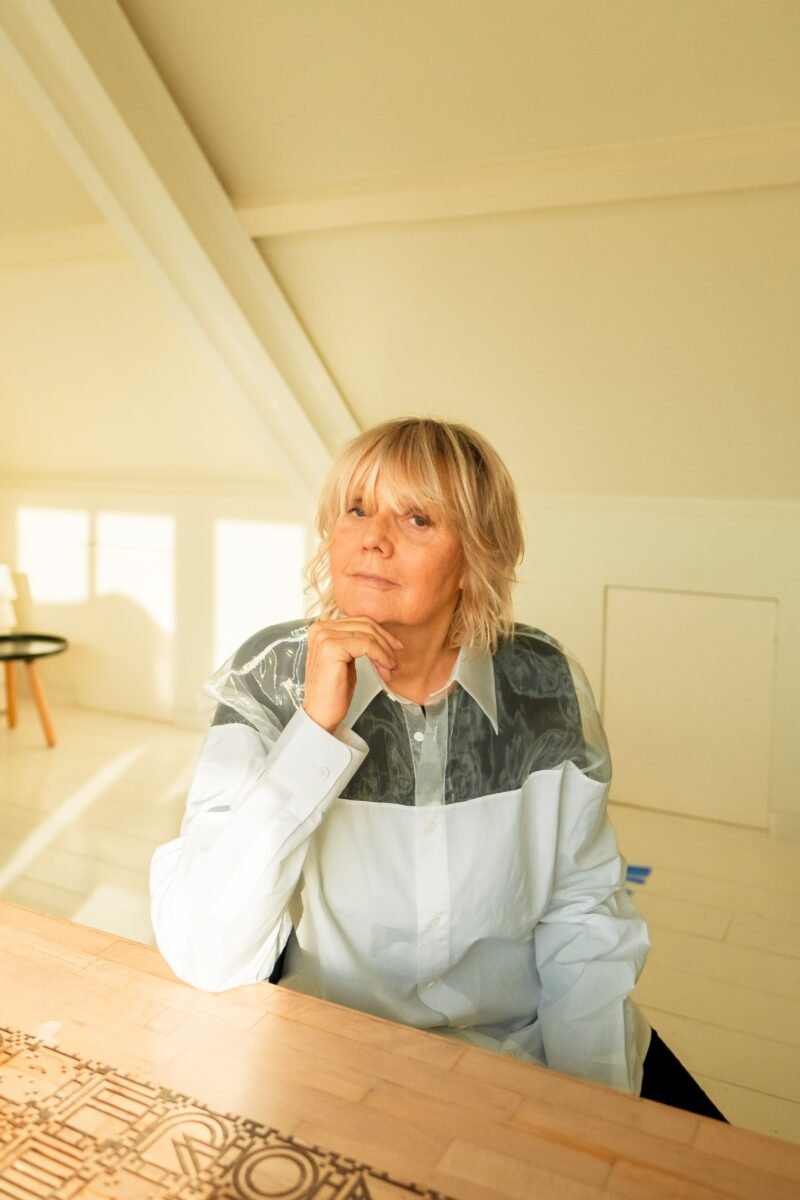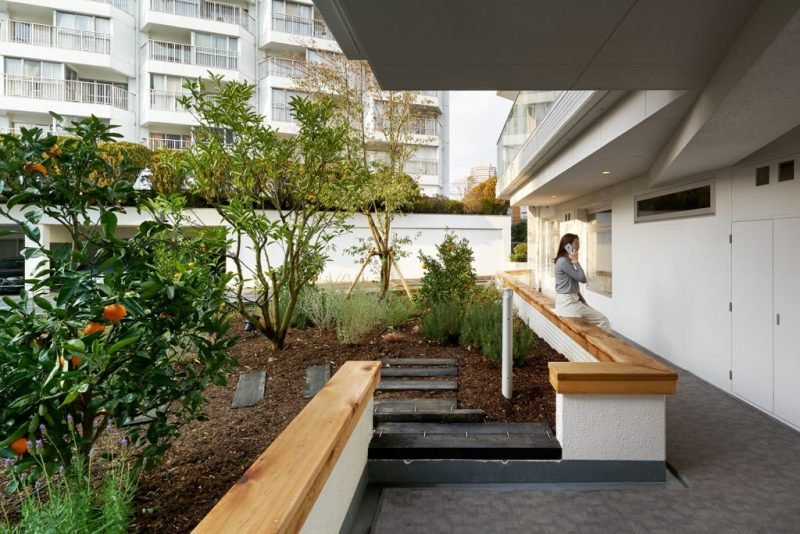Power-Napping Around The World
How often did I fuck up a whole afternoon of working being unproductive due to immense tiredness? Drinking coffee is not the only solution. Taking a 30 to 40 minutes power-nap at work would help being fit to do the job the rest of the day. It decreases stress and increases reaction up to 16% and concentration up to 35%.
However, power-napping is a hard word to mention in the world of formal office working circumstances. Which boss would allow you to sleep during work, or even dares to provide facilities for power-napping at the office? None, I guess. For LIPs (Location Independent Professionals) of this world, power-napping becomes more and more accessible. Most of them work for themselves and are not bound to manager’s old-fashioned ideas on targets and physical presence. For those people, who travel a lot, some facilities for quick sleeping are already initiated around the world.

Most famous are Tokyo’s napping salons and capsule hotels which offer one moment out of the energy-sucking Japanese working life. Commutes are long and work often stretches across the weekends. And working twelve hours a day is none of an exception. The Japanese call it ‘Karoshi’: death caused by too much work. Karoshi claims roughly 150 lives a year. So the Japanese are embracing a new cure for stress, the power-nap.

In the stressed London’s City a new power-nap hotel (GBP40) has opened its doors, providing rooms for only half an hour to get distressed and to recharge battery. GBP40 charges 40 pounds for their so-called ‘refresh package’. First, visitors are asked to choose a snack or small meal which helps them getting to sleep. Second, they are taken to their room for either a half an hour or a one hour power-nap.

Nappak is for those flexible workers among us. Nappak is designed by four students at the Stuttgart University of Architecture as part of a project to plan and execute innovative solutions for the increasing power-nap culture. The construction is easy transportable and can be inflated wherever you like to close your eyes for a while. Afterwards it can be easily vacuumed again. The model can be used as a flexible couch as well.

Yotel is located at the airports of Gatwick and Heatrow in London and at Amsterdam Airport Schiphol. This design hotel provides small cabin rooms for one or two persons. The underlying idea: you can just book what you want, from one hour up to a couple of days. One thing about this formula is that you have to book, so visitors have to find out in advance when they expect to be tired. Taking jetlags in mind this must not be difficult at an international airport.



